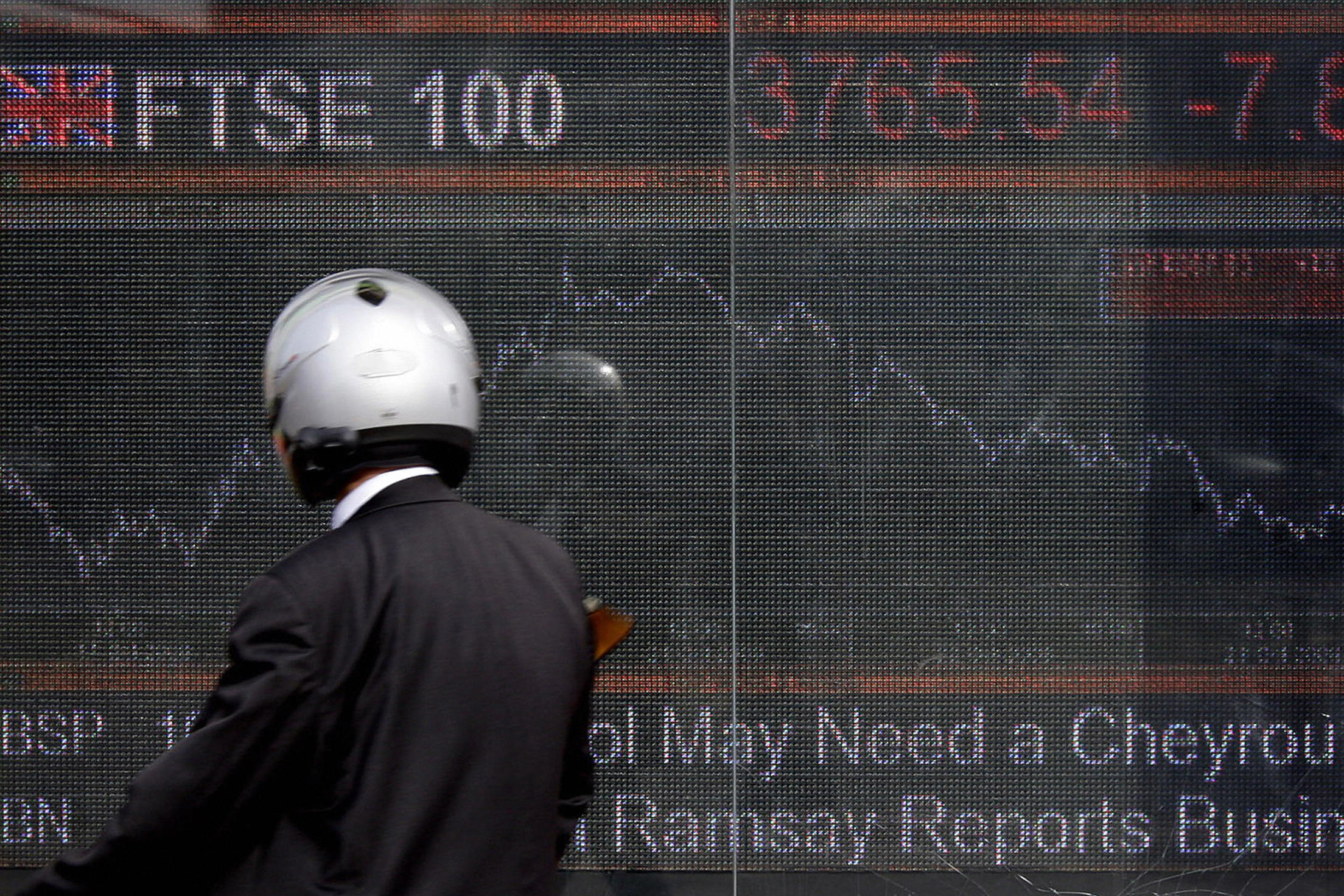Are we headed for a repeat of the 2008 global financial crisis after all?
The difficult thing to figure out is whether there is something happening that is at the outer edges of our experience – experience, that is, of the past century or so of the economic cycle


Quite suddenly the R-word, recession, has reared up on the world counts. Last week, a sudden wave of fear ripped through the financial markets, with the bond markets giving a signal that we should expect an economic downturn in the coming months.
There are several elements here. US bond prices rose, or looked round the other way, long-term US interest rates fell, so that the interest rate on 10-year bonds fell below that of three-month Treasury bills.
The interest rates on German 10-year bonds, dubbed bunds, actually went negative. The US Federal Reserve changed its guidance on the future movements of interest rates, suggesting that it might well not increase rates this year.
And a few days earlier, the European Central Bank announced it would continue its version of quantitative easing, pumping more money into the European banking system.
If all this sounds excessively technical, all the rest of us need to know is that the world’s two main central banks, and the markets, think there is a real danger of recession.
Are they right?
Deep breath. Well of course no one can know, but there are some things that can sensibly be said about this economic cycle.
The first is that there is such a thing as the global economic cycle, with economies speeding up then slowing down, and the duration of that cycle seems to be between seven and 10 years. If you take the last trough as 2009, we are now 10 years into the growth phase, so you would expect some sort of turndown soon.
To ask why there should be any turndown is to ask whether there should be a cycle at all. I cannot give a satisfactory answer to that, except to observe that in good times people get carried away and assume everything will go on for ever, and vice versa. Let’s just accept that both booms and slumps eventually come to an end.
Elements that might end the present growth phase include international trade tensions, shortages of labour, excessive debts, inflated asset prices.
Right now there are plenty of trade tensions, tight labour markets in a number of economies, including the US, Germany and the UK, a fall-off of growth in China (thanks to excessive debts), and inflated share price in high-tech America – though the last of those have been to some extent corrected since the autumn.
I think the second thing to say is that all these negatives are within the bounds of what is normal. You get a clutch of negative features that might herald a downturn at the top of every boom.
The difficult thing to figure out is whether there is something happening that is at the outer edges of our experience – experience, that is, of the past century or so of the economic cycle.
The banking crisis of 2008 was at the outer edges, in that nothing like it had occurred since the 1930s. The dotcom boom of 1998-9 on the other hand was a “normal” burst of euphoria.
Of course, people can argue about what is normal. The threat of a trade war between the world’s largest and second largest economies is not normal in the sense that we have not had anything quite like the clash between the US and China before.
But some sort of accommodation will be reached, and even if it doesn’t, it would not be big enough to unseat the entire world economy.
A lot of people worry about the present build-up of debt, but overall, debt levels worldwide are a lot lower than they were at the end of the Second World War and that was a start of long, if bumpy, period of international growth.

Excessive asset prices? Well, I think that bond yields that are way below expected inflation have led to excessive prices there and have probably inflated other asset prices. Housing is too expensive in many developed countries, for if decently paid young people starting out in their careers cannot afford to buy homes in New York or London there is something out of kilter.
But I don’t think property is absurdly over-valued, at least not in most locations. Put it this way, property is not as overvalued as it was in Japan in the late 1980s when the land value of the Imperial Palace in Tokyo was worth more than all the land in California.
So what is unusual about this cycle? The obvious stand-out is that at the top of the boom, the developed world has low, or even negative, interest rates. But to me that signals something about the next pick-up, which will I fear be very muted, rather than the forthcoming downturn.
I am less worried about a serious worldwide recession next year (though there will probably be a mild one) than stagnation through the 2020s afterwards.
But even that is counterintuitive given the burst of technological innovation taking place now. Bottom line: yes, there will be a downturn and probably next year. But it won’t be anything like as bad as the recession of 2008-9.
Join our commenting forum
Join thought-provoking conversations, follow other Independent readers and see their replies
Comments
Bookmark popover
Removed from bookmarks